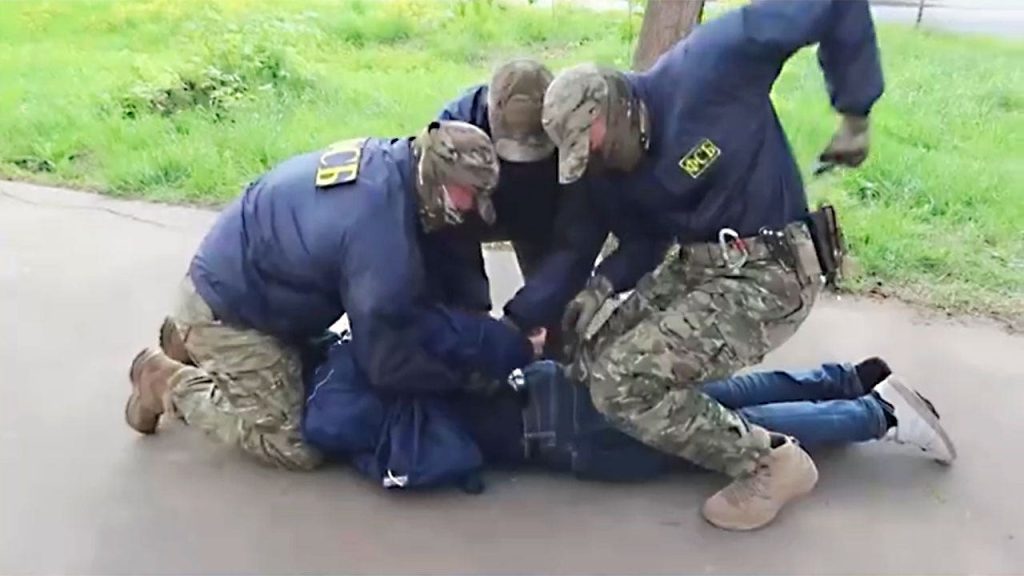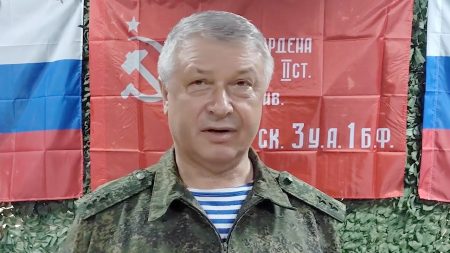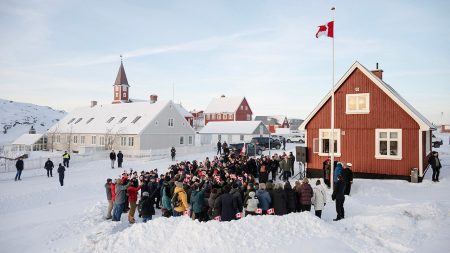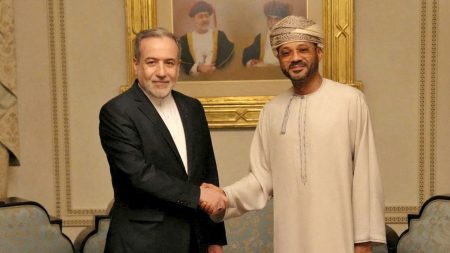Russian Developer’s Harsh Sentence Highlights Kremlin’s Crackdown on Dissent
In a stark illustration of Russia’s increasingly severe treatment of those who oppose the war in Ukraine, 45-year-old software developer Sergei Irin has been sentenced to 15 years of hard labor in a maximum-security prison. His crime? Donating approximately $500 to a Ukrainian defense fund. The Moscow court’s ruling Tuesday represents one of the harshest penalties imposed on Russian citizens for relatively minor acts of support for Ukraine, signaling an intensification of the Kremlin’s efforts to silence any form of dissent related to the ongoing conflict. According to reporting by East2West, Irin, who previously worked for Russian tech giant Yandex, defiantly refused to stand as his sentence was read and held up a sign with an expletive-laden message directed at Russian President Vladimir Putin. This act of defiance in the courtroom came after Irin had already experienced harsh treatment from Russian authorities, including alleged interrogation with a stun gun before being sent to Moscow’s notorious Lefortovo pretrial detention center.
The circumstances of Irin’s arrest paint a troubling picture of Russia’s methods for tracking down and punishing those who express opposition to the government. Video footage provided to Fox News Digital shows masked police officers tackling and handcuffing a man alleged to be Irin, whose face is blurred in the recording. According to reports, Irin had previously fled Russia but was apprehended while visiting his mother. During questioning in a police van, Irin admitted that he had donated funds to Ukraine’s Come Back Alive charity, which supports Kyiv’s defense forces, just days after Putin launched the invasion of Ukraine in February 2022. In addition to acknowledging his financial support for Ukraine, Irin confessed to feeling “negatively” toward the Putin regime and participating in opposition rallies in the past—admissions that likely contributed to the severity of his sentence.
The case highlights the extraordinary measures the Russian government is willing to take against its own citizens who express even modest support for Ukraine or opposition to the war. Irin’s sentence—15 years of hard labor in a maximum-security facility plus a fine of approximately $62,000—seems wildly disproportionate to his actions, especially when compared to penalties for other serious crimes in Russia. The extreme nature of the punishment suggests that Russian authorities are using such cases to send a clear message to the population: any support for Ukraine, no matter how small, will be treated as treason and met with the harshest possible consequences. This approach represents a significant escalation in Russia’s already restrictive environment for political expression and dissent.
What makes Irin’s case particularly notable is the apparent targeting of individuals from Russia’s educated professional class. As a software developer who worked for one of Russia’s leading technology companies, Irin represents the type of skilled professional that Russia can ill afford to lose, especially as the country faces increasing international isolation and economic challenges due to Western sanctions. The willingness to imprison such individuals for extended periods suggests that political control has taken absolute priority over economic and technological development considerations. It also raises questions about the long-term impact on Russia’s innovation ecosystem and its ability to retain talented professionals who may now see expressing any political opinion as potentially life-destroying.
The timing of this case coincides with other high-profile incidents that have raised international concerns about human rights in Russia, including the disputed circumstances surrounding the death of opposition leader Alexei Navalny in a Russian penal colony. Navalny’s widow has challenged the official explanation that he died from arrhythmia and a combination of diseases, calling it a “pathetic” cover-up. Irin’s case, alongside the treatment of other political prisoners like U.S.-Russian ballerina who was recently released after a year-long ordeal in a Russian penal colony, contributes to a pattern that human rights organizations have described as systematic repression of political dissent and free expression in contemporary Russia.
As Irin begins his sentence at an as-yet-undisclosed maximum-security prison, his case serves as a sobering reminder of the human cost of Russia’s war in Ukraine and the internal repression that accompanies it. The willingness to impose such harsh sentences on citizens for relatively minor acts of opposition reflects a political system increasingly reliant on fear and coercion to maintain control. International human rights organizations have expressed concern about the growing number of political prisoners in Russia, with Irin now joining thousands of others who have been imprisoned for their political beliefs or actions. As the war in Ukraine continues with no end in sight, cases like Irin’s suggest that the space for dissent within Russia will continue to shrink, with increasingly severe consequences for those who dare to speak out against the government’s policies or support its perceived enemies.















